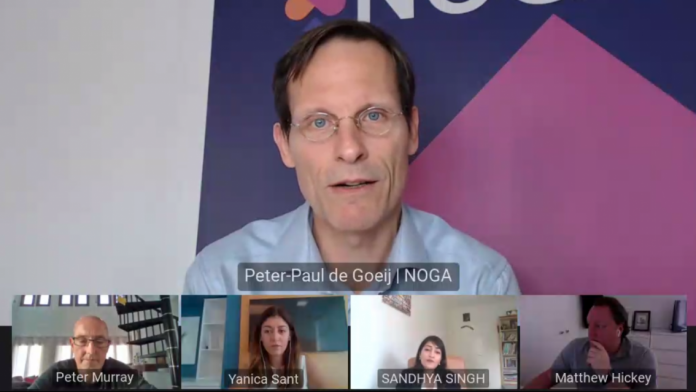A panel of experts discussing safer gambling as part of day four of the SBC Summit Barcelona – Digital agreed that while legislation and even harmonisation are key to addressing the issue, the obligation remains firmly with operators to take action.
Discussing the merits of harmonisation, a distinguished panel agreed that EU-wide standards remained unlikely but that regulators should also resist ‘one-size-fits-all’ legislation that might be perceived as relieving some obligation from the operators.
Sponsored by W2, the panel was part of the event’s Safer Gambling track, itself sponsored by Epic Risk Management.
Yanica Sant, gead of EU affairs and policy at the Malta Gaming Authority, told delegates: “Maltese legislation is all objective based in these areas. It is not very specific as to the limits, for example – it obliges operators only to offer players the possibility to set limits.
“There’s no ‘one-size-fits-all’ solution. Operators are obliged to identify the risk to their players. What we need to see is that operator handling the risks it has identified in a proportionate way.
“If there was an incident when an operator could have noticed something or if they chose to look the other way, we are in a position to say that operator is not fulfilling its duty of care to customers. Leaving the obligation as non-specific puts the onus onto the operator.”
Sandhya Singh, head of risk and fraud, payment and customer service at Napoleon Sports & Casino, offered an operator perspective. “It’s important to make our platform safe for customers,” she told the panel. “Operators have perhaps not been as active in the past but they are now catching up quickly to ensure platforms are safe to play.
Concurring with Sant, Singh added that “a one-size-fits-all solution is not appropriate”.
Peter-Paul De Goeij, managing director of the Netherlands Online Gambling Association, said that the Dutch market was coming from a different place compared to many, and that NOGA was helping to introduce safer gambling protocols. “The industry here doesn’t have a strong track record when it comes to this,” he told the panel, which was being moderated by Peter Murray of W2.
“In the regulated industry, there’s no place for operators that do not take this issue to heart and as a starting point for their operations,” said De Goeij.
“In the Netherlands, we don’t have a clear picture of how the current gambling operators are doing in terms of duty of care, the prevention of addiction or underage gambling. We simply don’t have the data.”
Asked about fraud-detection tools that could be deployed or re-purposed to detect behaviours linked to gambling-related harm, Napoleon’s Singh said the operator was already using this avenue. “The risk of problem gambling has been added to the tools that we traditionally use for fraud detection,” she said.
“They have not necessarily been repurposed but increased in scope to ensure we have measures in place [for safer gambling].”,
Matthew Hickey, CEO of the Gordon Moody Association, incorporating Gambling Therapy, said: “We feel operators are trying to do their best to do more and to provide the right support for those people that need it.
“However, the people we support are those most in crisis. They have got to this point predominantly because they have underlying mental health issues. For the majority these [safer gambling] measures will have a big positive impact but those we treat can be highly manipulative in order to get their ‘fix’.
“The industry is getting much better at identifying these instances but the people we work with will always go further and further,” said Hickey.
“As such we are able to provide operators with the full loop of information, to help ensure that those that need help can be identified early on.”










